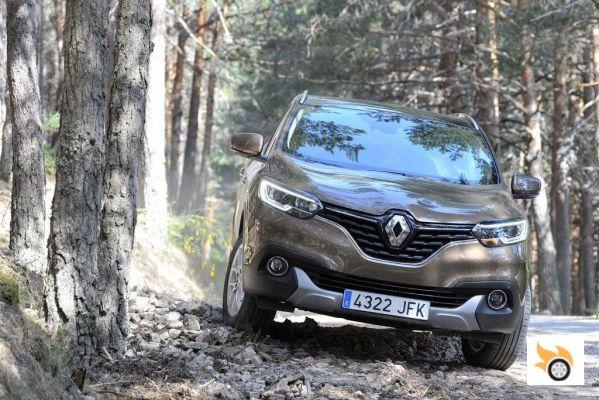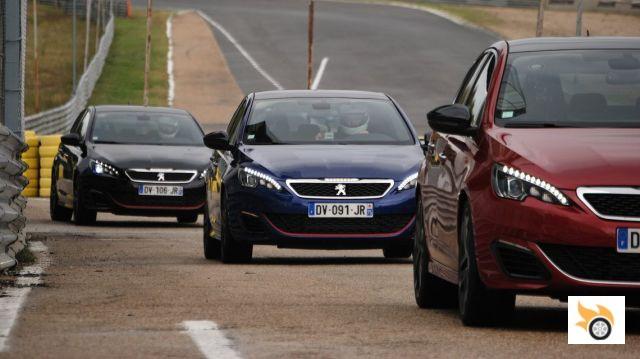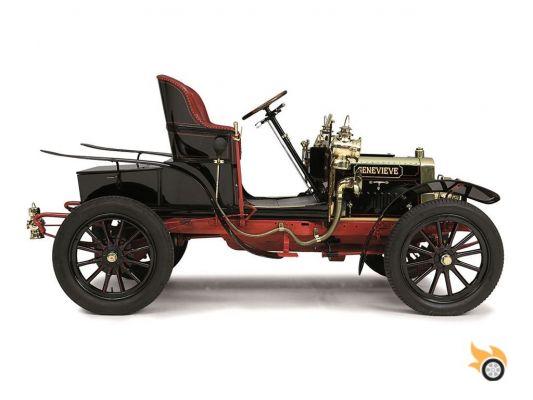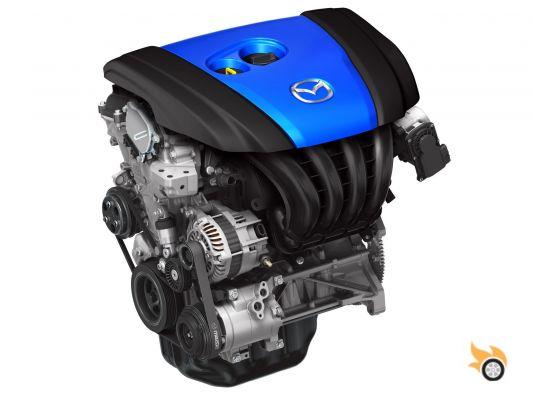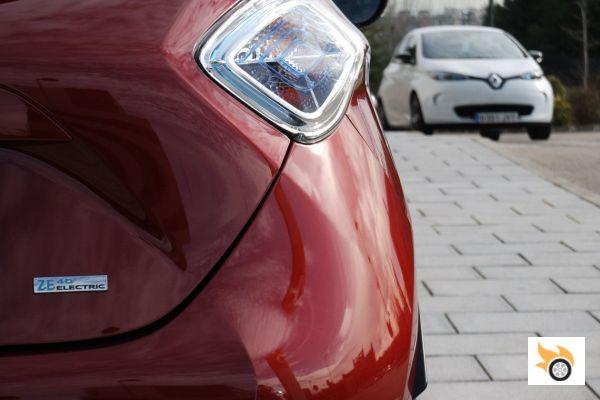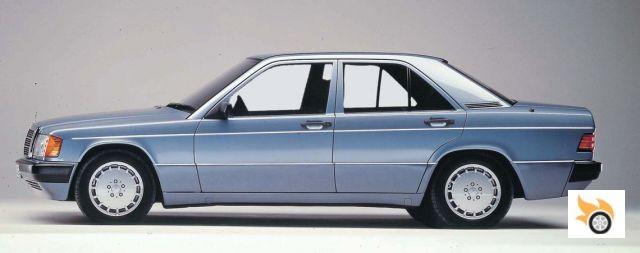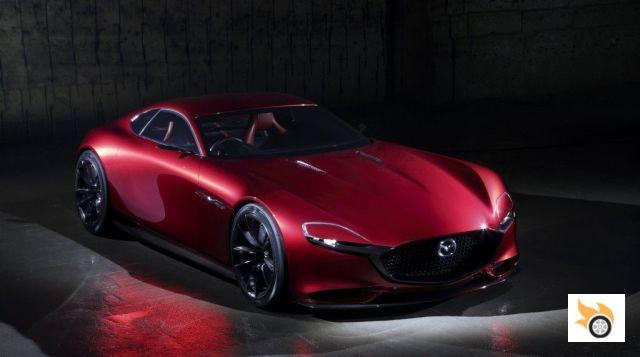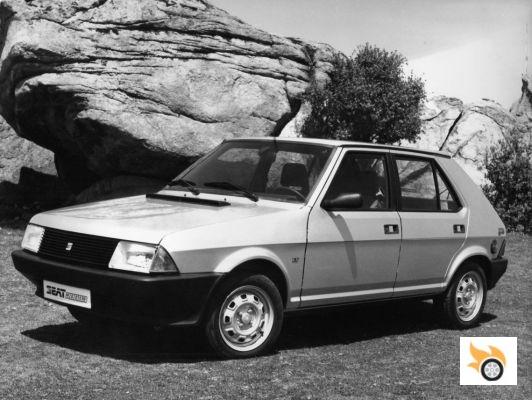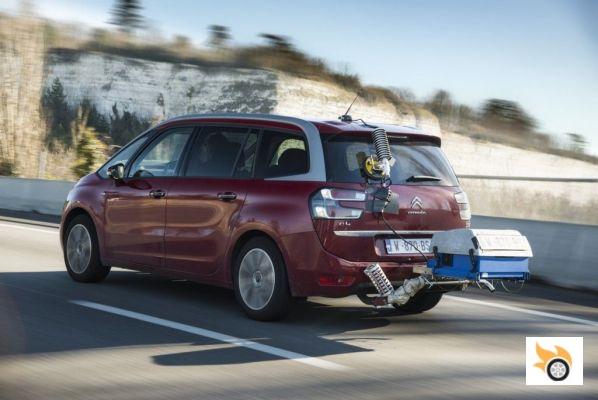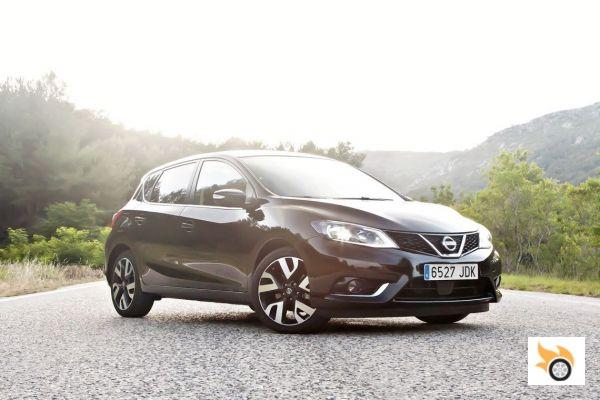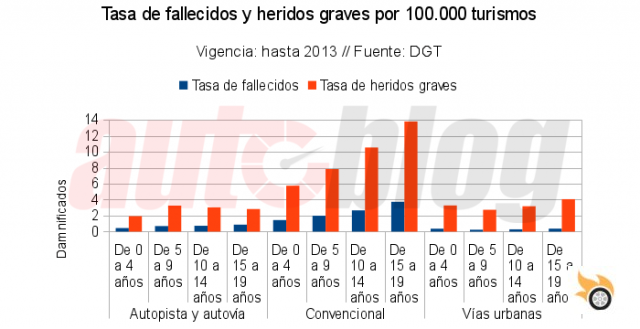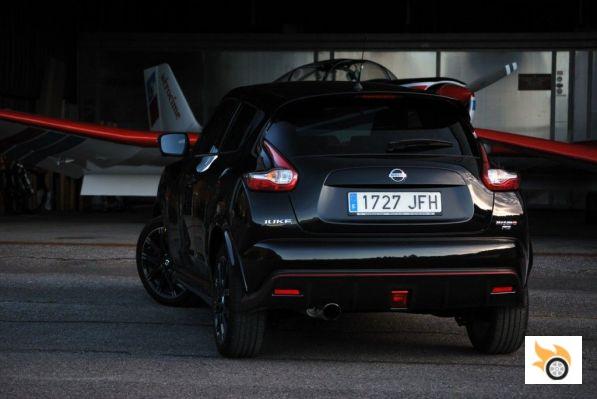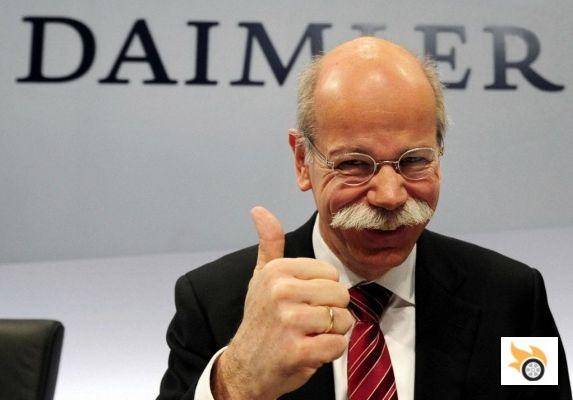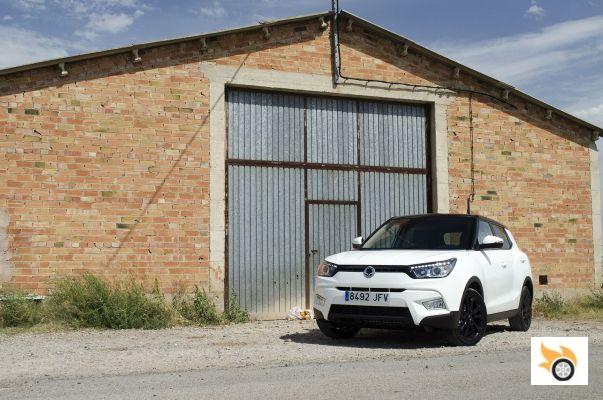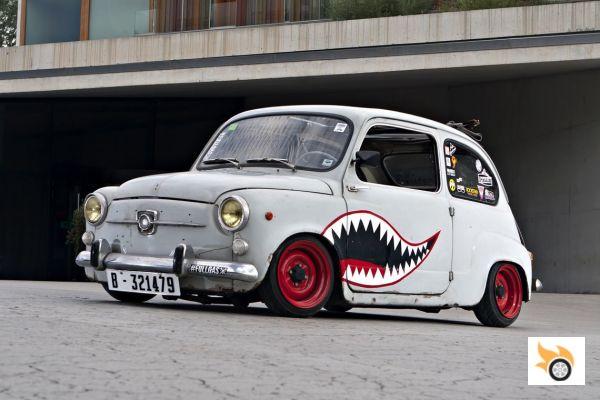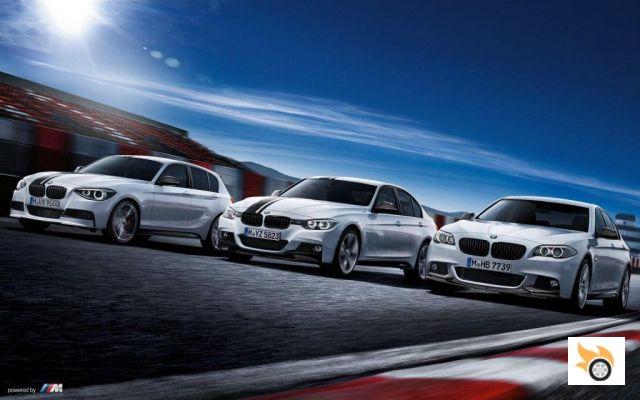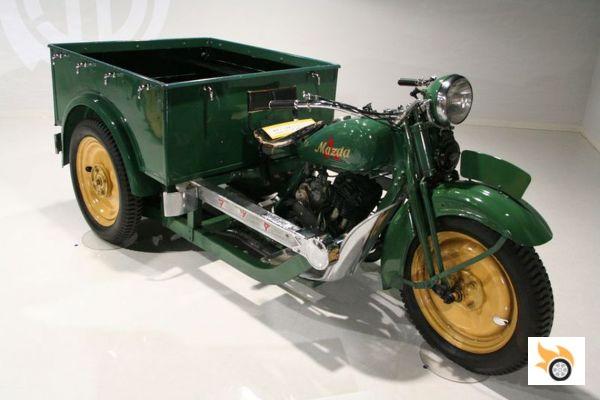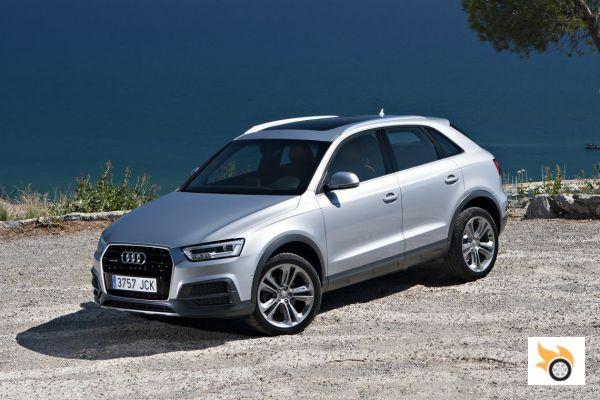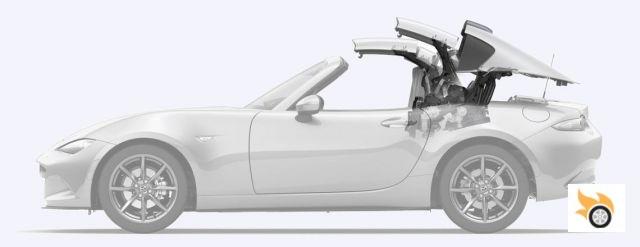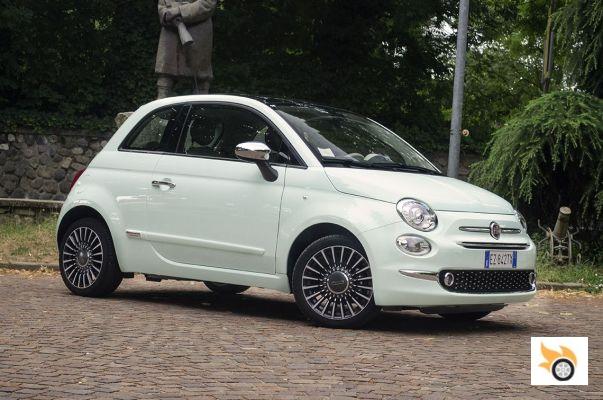"How can you buy a petrol, are you crazy?" - I'm sure this sounds familiar to more than one of you.
I notice a commotion in the force. Tanker registrations are starting to fall after having reached their heyday. Petrol engines are slowly but surely regaining their lost dignity thanks to better fuel economy. Whether we're talking about downsizing or not, the thirst for petrol is no longer such a big drama.
Not only that, some current owners of diesel engines, after having had a less than positive experience, have decided to go back to petrol, and not only people who have to drive fewer kilometres. There are also big joggers who prefer to use petrol, even if filling up a petrol tanker is cheaper.
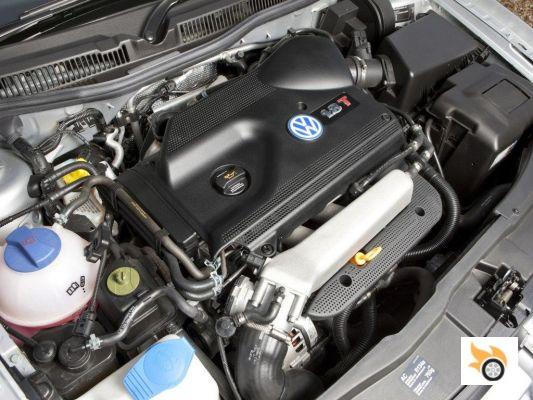
Consequently, the interest in petrol is increasing, just look at the ANFAC data. On the other hand, I perceive it in my environment and in the technical consultations I receive: the number of people who tell me that they don't want to have a diesel again is growing, and what do I recommend them.
And how is it possible that there are people who no longer want to have another diesel? Let's take a little look at the past. Tankers were clunky, rough, smoky, slow, more expensive... but in the long run they saved a lot of fuel, and were engines much more likely to last for hundreds of thousands of miles. Mechanically they were something else, with a few exceptions, in the era of naturally aspirated engines.
Then came turbos, direct injection (both pump-injector and common rail), recirculation valves (EGR), particulate filters (DPF/FAP), urea tanks (SCR) ... and the media scandal of emissions, starting with Volkswagen. In the European Union diesel has gone from being the pretty boy to have many shadows. A few days ago, the European Parliament gave them the last shot in the arm, ratifying the de facto increase in emissions limits set by Euro 6, an infamy.
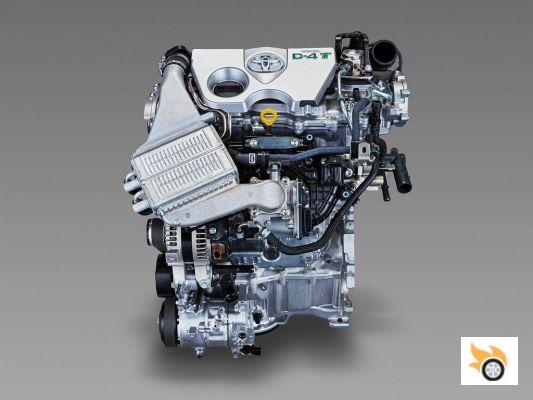
From bad fumes to alternatives
City councils such as those of Madrid, Milan, Frankfurt, London... are getting very close to the diesel engines, considering almost all of those in circulation as "polluting", and without quotation marks also, polluting. Emissions of solid particles (PM) and nitrogen oxides (NOx) have skyrocketed, aggravating the health - or killing - thousands of Europeans.
Out of every 100 cars registered in 2015, 35 were petrol cars.
There is a growing climate of hostility towards these types of engines, which has reignited the petrol vs diesel debate, and the increasingly minority alternatives have come to the fore. People are starting to know that there are electric cars, or cars converted to gas, and that they can buy them now.
In recent years, this has been a growing trend. The diesel engine is no longer the only viable solution for those who do the most kilometres... or for those who want to have the psychological feeling of spending less money on fuel. Some people have become frustrated with the costs of preventive and corrective maintenance, and have seen that the accounts don't work out.
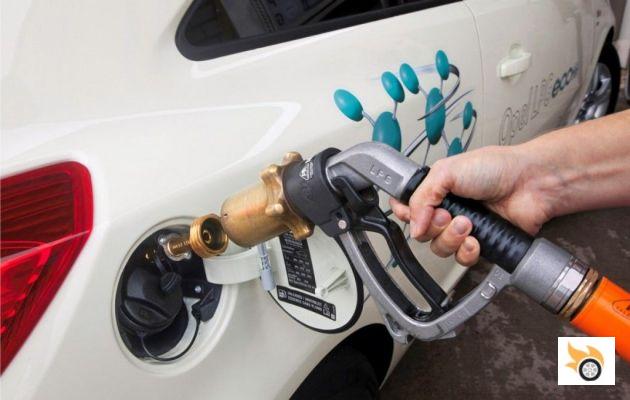
As always, you have to do the math, calculating the estimated annual kilometers, years of minimum ownership, cost of gasoline and diesel (with current prices, optimistic, and 2011 prices, pessimistic) ... But that will not give us a reliable verdict. We must consider that the revisions, breakdowns and maintenance of tankers can send to the trash the differences in fuel concept.
Possible future mobility restrictions are to be taken into account.
LPG is starting to be a good alternative for the big trotters, as long as they move along routes with a good capillarity of supply. We have around 500 filling stations that sell this alternative fuel, a little far from the 1.000 that the AOGLP said we would have in 2015, but they are 10 times more than there were in 2009.
Natural gas (CNG/NGV) still fails as an alternative, the few outlets are concentrated in large population centers, but for long distance supply "corridors" are missing. Any model that runs on gas, still has a petrol tank, but of course, that reduces the profitability of travel. They are still valid for regular intensive use of gas, and make getaways with gasoline.
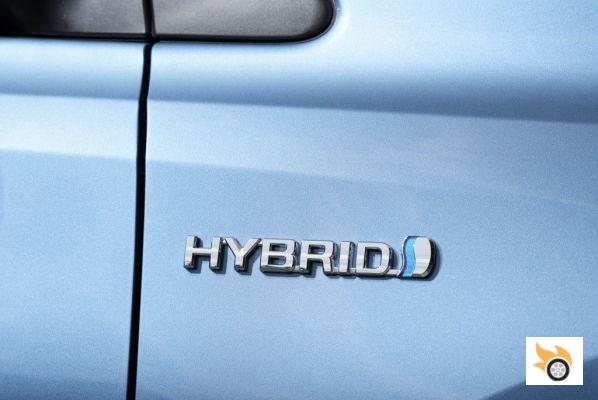
Another interesting phenomenon is how hybrid registrations are increasing, mainly in the Toyota brand, with its Yaris (B) and Auris (C) models, in high volume segments. This phenomenon is not so intense in its competitors due to lack of supply, or because they are very expensive, or because they are directly Premium products. More than 40% of the sales of this brand already correspond to hybrids, Lexus exceeds 60%.
I notice that people ask me more questions about gasoline hybrids as a replacement for a diesel. It may be the case that the fuel cost is very similar -in euros- but they win in the maintenance part for greater reliability, and for being, essentially, gasoline cars, with all that implies.
I understand that someone will think this is one of my talibanadas. There are the data, I'm not making it up: hybrids are increasingly registered in greater numbers, although they have 2% share (including electric). And more would be registered if there were more models on the market, and even more would go up if diesel prices were to return to outrageously high levels, as 1.3 euros / liter or more.
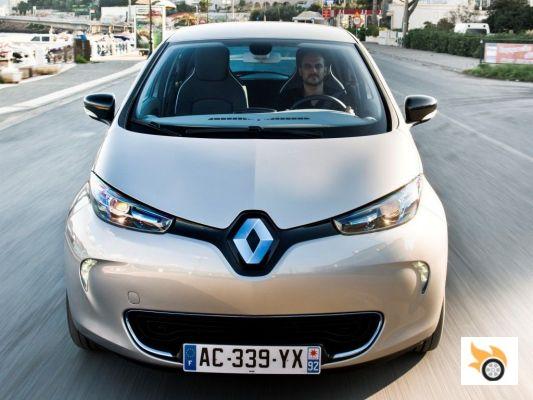
Electric cars are still a very minority option at the moment, but manufacturers are improving the product at an astonishing speed. Ten years ago, there was not even a car (M1 homologation) capable of driving on the motorway with a minimum of guarantees. Today, there are manufacturers that offer us cars with homologations close to 200 km of autonomy, and I'm not talking about any Tesla.
As for hydrogen ... in our country is still in its infancy, and will remain in its infancy for at least another 10 years. The very limited commercial supply of cars is a problem, its high price another, the almost non-existent refueling network is not a small thing, and the price of hydrogen does not encourage to make the leap.
Have I forgotten biofuels? Yes and no. Until we reach the second generation of biofuels, which do not depend on crops susceptible to human consumption, this has remained a dead letter. The network of gas stations serving bioethanol or biodiesel remains anecdotal, and the number of models compatible with plant-based fuels (in high concentration) has even dwindled. It has been a resounding "bluff".
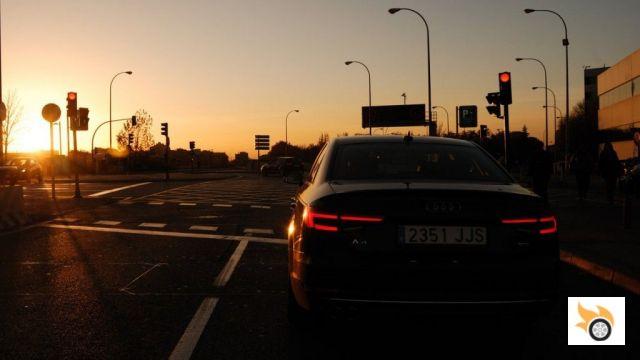
How can the diesel engine get out of this spiral of problems?
Let's start with the basics... they must improve their level of cleanliness a lot so that society doesn't do to them what the Japanese did 15-20 years ago: ostracize them. In that country, one of the most advanced in the world, diesel car registrations are very low, around 1%, and the authorities need to increase diesel consumption to balance imports and exports of refined petroleum products.
Second, and no less important, they have to get back to what they were in terms of reliability. If a diesel starts to give big problems before it surpasses the profitability threshold with respect to a petrol, it's a real problem, and it's costing more than one person's health.
I'm sure more than one of us is even happy about it. I'm sure that more than one of you suffered from the pro-diesel people for years, and had to put up with their comments... until time has proven them right. Those who made the right choice, now have an engine that works properly -even with more than 200,000 km- and has a long life, that doesn't consume so much, and that is not so socially demonized.
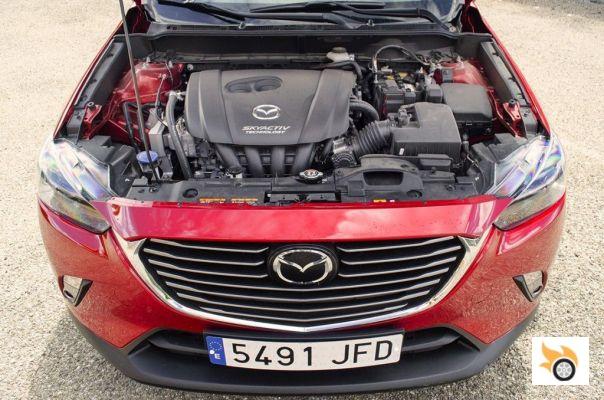
It's clear that petrol engines have gained a lot of refinement in recent years, reaching levels of noise, vibrations and roughness very similar to petrol ones. If we want to put as a downside a lower refinement, that is less noticeable every day, and gasoline, on the other hand, are losing refinement in many cases.
In addition, low displacement and direct injection can lead to a beastly increase in particulate emissions.
I sometimes recommend a four-cylinder diesel over a three-cylinder petrol - and there are also two-cylinder petrols, although only in Fiat - because the diesel is better balanced mechanically speaking. Many engines, below 2,500 RPM, are almost imperceptible as petrol engines. That, 10 years ago, only happened with sophisticated L6, V6 and V8 engines, and with a lot of insulation.
In terms of performance... things have become much more balanced. There are even cases where, with the same power, the petrol engine is faster than its petrol equivalent, as in some BMW inline sixes. And, mind you, I'm talking about engines with the same technology: both turbocharged. There are fewer and fewer naturally aspirated petrols. Petrol engines are becoming dieselized, and petrol engines are becoming petrolized... partially, of course.
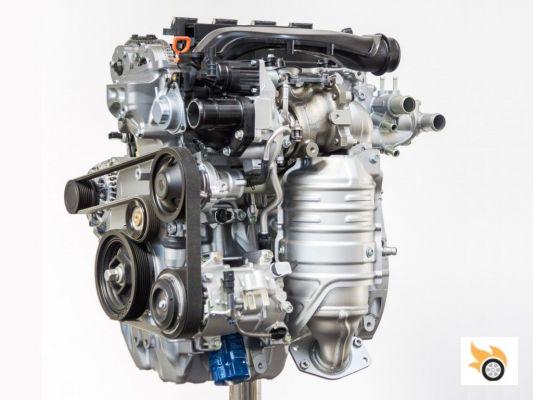
In short, dear friends, I am less and less inclined to recommend diesel engines. In fact, I can't see the day when a petrol engine enters "my garage", although I don't rule it out for certain types of cars. For some segments, such as large SUVs, I find it very difficult to recommend petrol, despite all that has been said. In compacts and subcompacts the differences in consumption are small, but for certain cars... petrol has a lot of progress to make.
I say again that it is important to have good advice, and that involves many groups. The in-laws have to stop recommending diesel with such joy, the commercials have to be more sincere about what is best for the customer, journalists have to be very restrained in our recommendations, and public opinion has to stop associating gasoline with mental disorder.
A myth is falling out of many people's minds
The decline of diesel was bound to happen one day, even in Europe. We are in the only major market that has bet heavily on this fuel. Beyond continental borders, diesel is not going to progress much further until we forget the multiple emissions scandals. The best days of this technology, for better or worse, are behind us.




